Apr 20, 2019
Part-revived pig brains raise slew of ethical quandaries
Posted by Derick Lee in category: neuroscience
The work also raises a host of ethical issues. There was no evidence of any global electrical activity — the kind of higher-order brain functioning associated with consciousness. Nor was there any sign of the capacity to perceive the environment and experience sensations. Even so, because of the possibilities it opens up, the BrainEx study highlights potential limitations in the current regulations for animals used in research.
Researchers need guidance on animal use and the many issues opened up by a new study on whole-brain restoration, argue Nita A. Farahany, Henry T. Greely and Charles M. Giattino. Researchers need guidance on animal use and the many issues opened up by a new study on whole-brain restoration, argue Nita A. Farahany, Henry T. Greely and Charles M. Giattino.

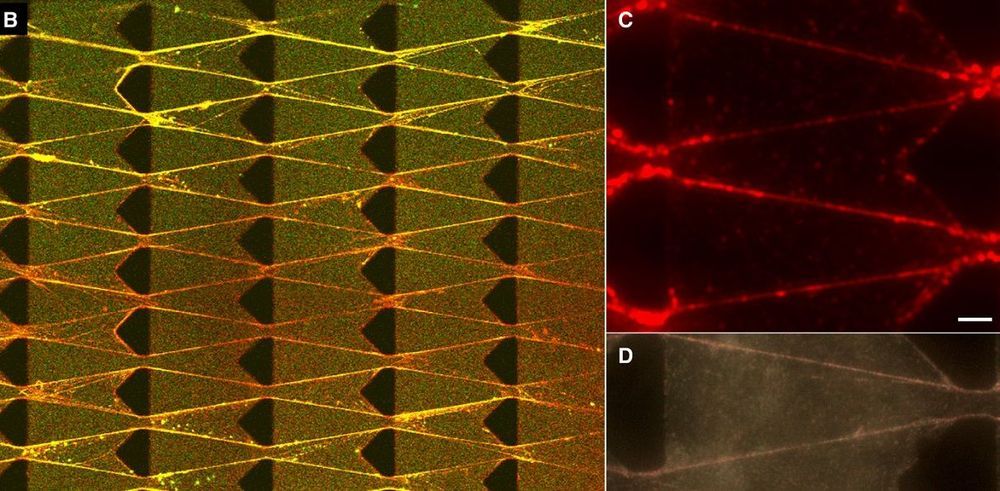


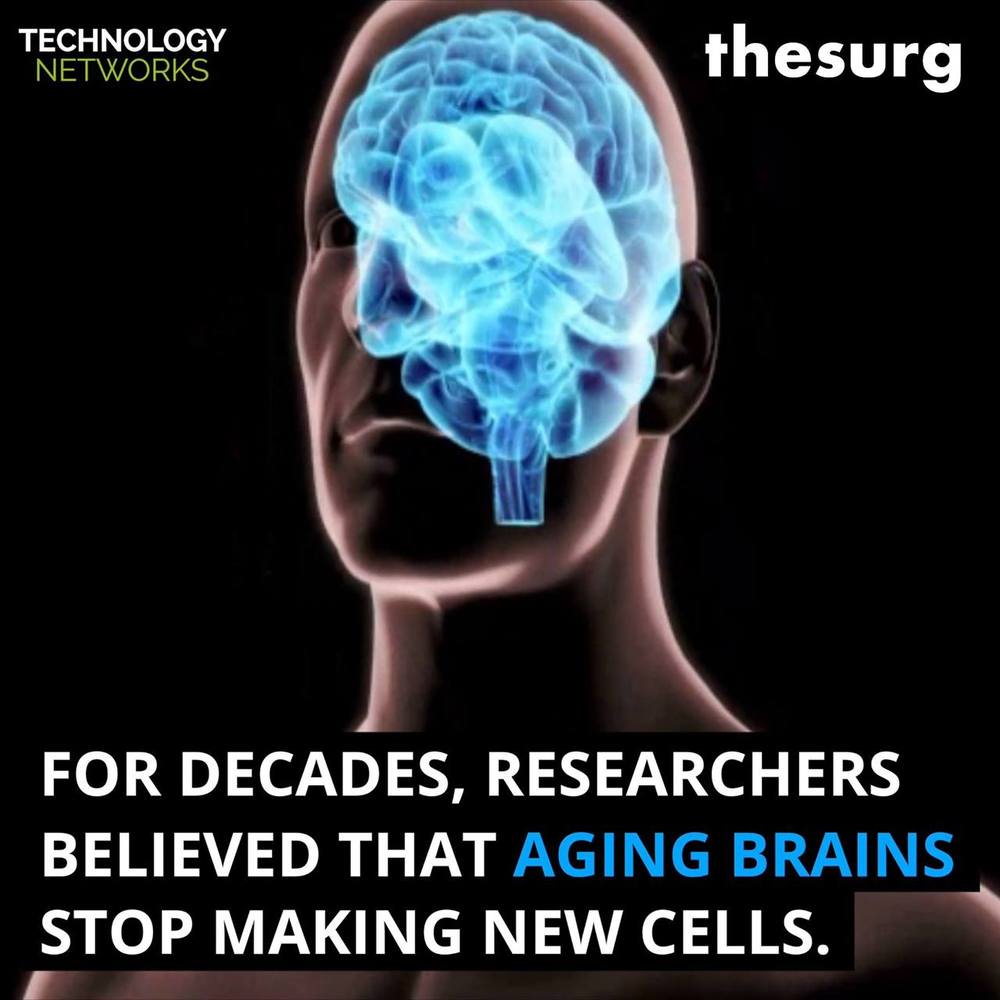

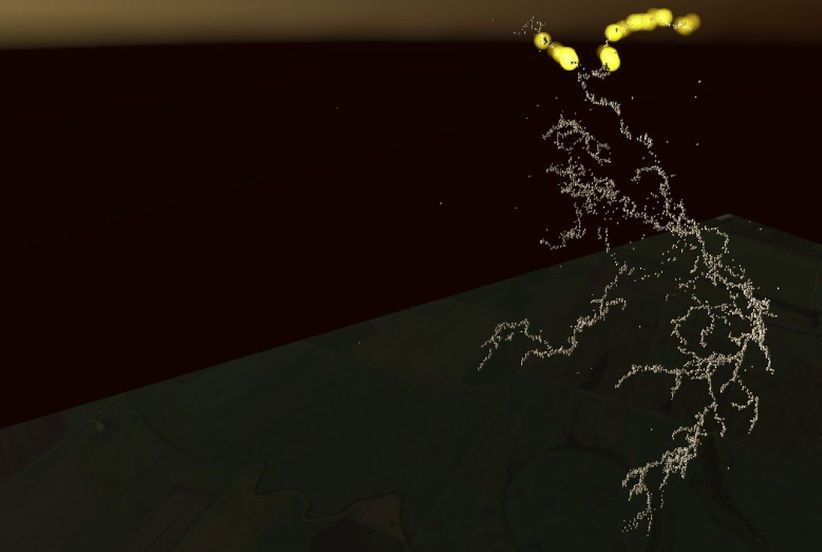
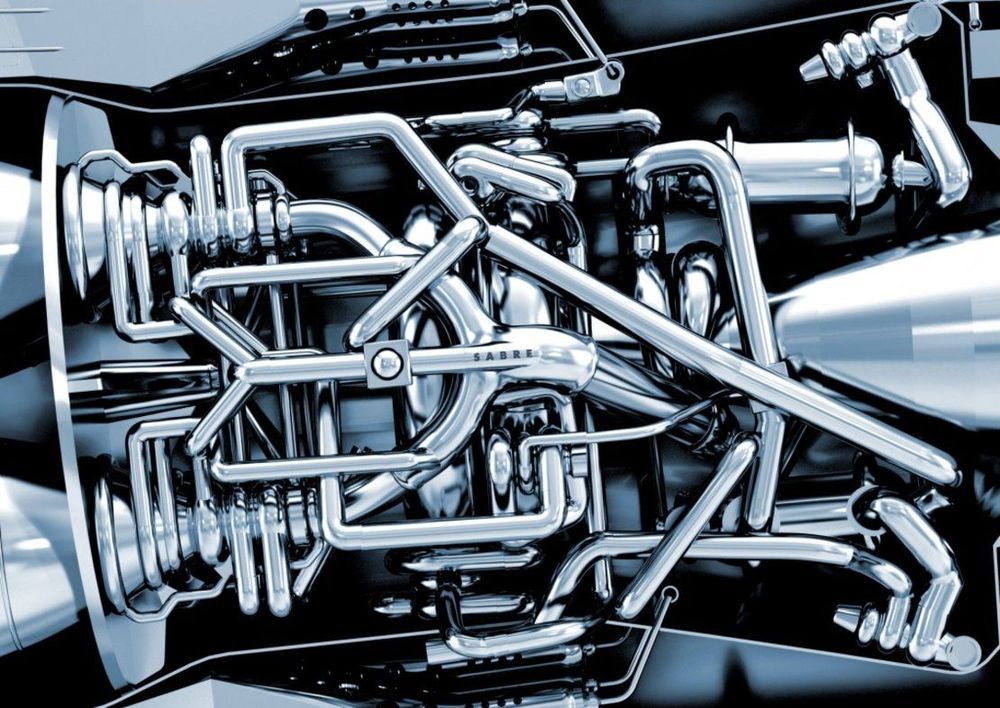

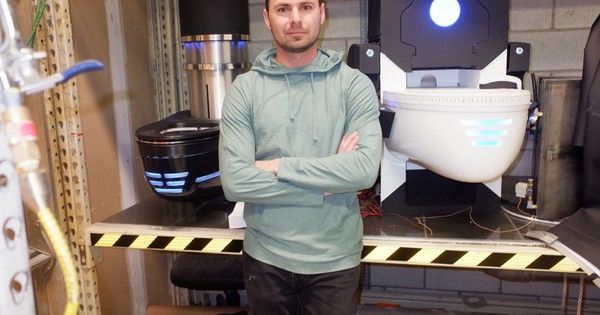
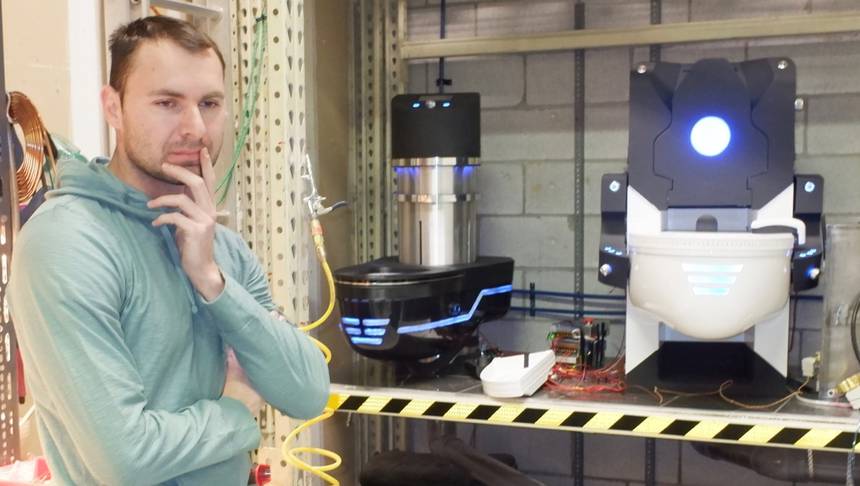 Ivan pondering toilets / Lloyd Alter/
Ivan pondering toilets / Lloyd Alter/







